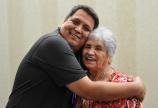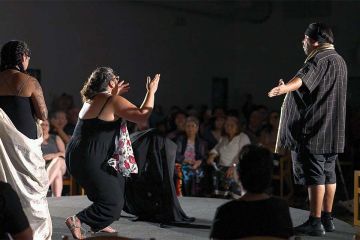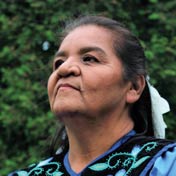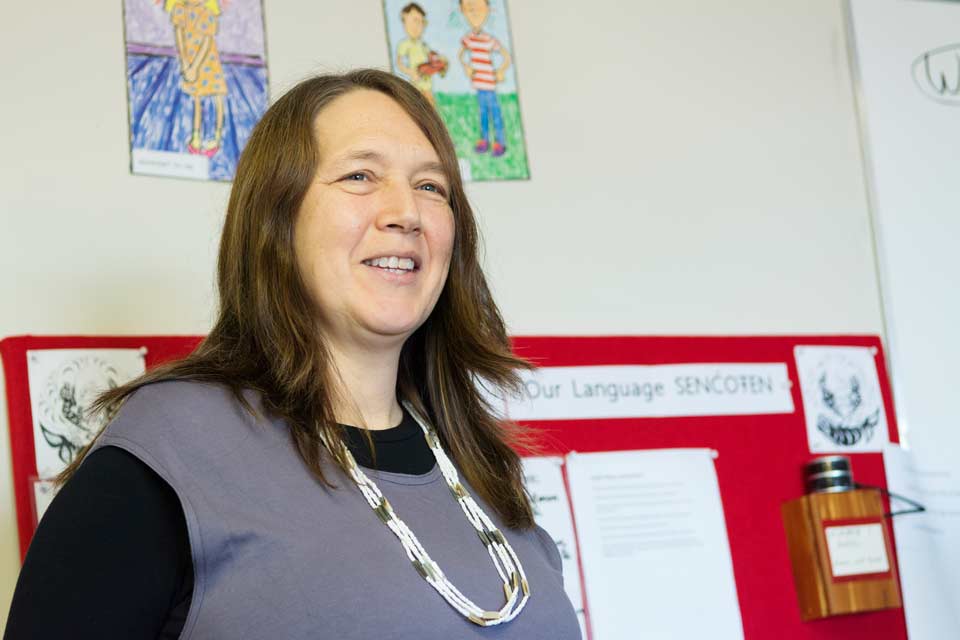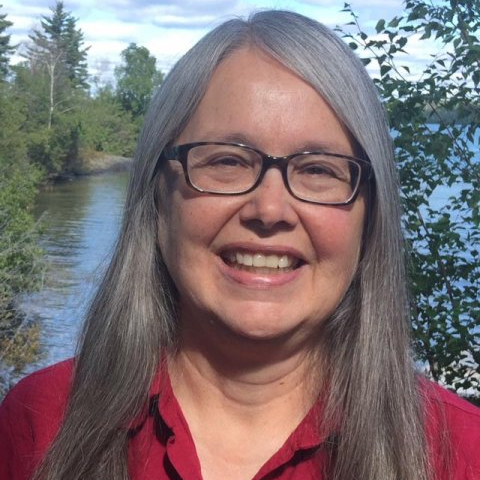NEȾOLṈEW̱: One mind, one people and 42 Indigenous languages
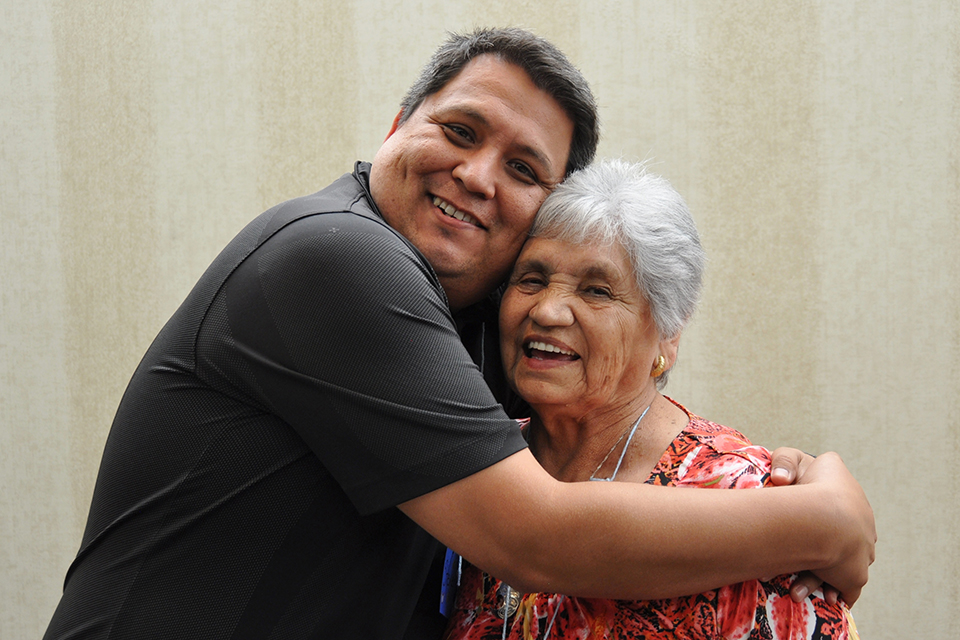
A new language revitalization project led by the University of Victoria will bring new life and strength to Indigenous languages in Canada.
NEȾOLṈEW̱, which translates as ‘one mind, one people’ in SENĆOŦEN, will engage nine Indigenous-led partner organizations representing 42 distinct languages, forming a learning and research network to strengthen efforts to revive Indigenous languages. The six-year project, supported by a $2.5 million Social Sciences and Humanities Research Council (SSHRC) Partnership Grant, is led by Onowa McIvor, professor in UVic’s Department of Indigenous Education and linguist Peter Jacobs at Simon Fraser University.
The rapid decline of Indigenous first language speakers and the grave state of language loss in Canada due to forces of historic and on-going colonization is widely considered one of the foremost societal challenges today. The urgency for action was outlined in the Truth and Reconciliation Commissions Calls to Action. Of its 94 recommendations, nine pertained directly to Indigenous Language Revitalization (ILR).
“This grant highlights a lot of hope and possibility,” says McIvor. “Across the country, intergenerational connections are being re-sown through language.”
She says this project will contribute to the realization of these Calls to Action with such direct actions as: increasing Indigenous language audio resources for growing a radio and television presence of Indigenous languages in Canada; promoting post-secondary ILR programs; improving community networks and mechanisms for sharing the best cutting-edge language revitalization methods; and engaging other organizations in supporting Indigenous-led ILR programs.
A unique feature of the study is the focus on adult language learners, those who McIvor refers to as the “missing generation”—adults who had little opportunity to learn their ancestral language as children due to adoption, residential school, disconnection from their homelands and urbanization. The ILR movement has been mostly focused on school-based programs for children and youth. But in a previous study (2014-16) of the same name and funded by a SSHRC Partnership Development grant, co-leads McIvor and Jacobs identified adults as a “great untapped potential” and found evidence for the success of what they called a Mentor-Apprentice Program (MAP) model.
MAP apprentices in the previous study emphasized that learning to speak an Indigenous language is not just a book-learning exercise: the language needs to be spoken in everyday activities, such as speaking to children, praying, discussing the weather and how things are going, through to discussing history and philosophy, and conducting business and political matters.
“This is our shared history,” she says. “This is an opportunity to be part of reviving, remembering and continuing on the real history of Canada through Indigenous languages.”
NEȾOLṈEW̱’s nine research’s partners are:
- The First Peoples’ Cultural Council, Brentwood Bay, BC
- Dehcho First Nations, NWT
- W̱SÁNEĆ School Board, Brentwood Bay, BC
- Chief Atahm School, Chase, BC
- University nuhelot'įne thaiyots'į nistameyimâkanak Blue Quills, St. Paul, AB
- Kenjgewin Teg Educational Institute, M’Chigeeng First Nation, ON * See contact info below*
- Mi’kmaw Kina’matnewey Mi’kmaq, Sydney, NS
- Kahnawà:ke Education Centre, Kahnawà:ke Mohawk Territory, QC
- TSI Tyonnheht Onkwawenna, Tyendinaga Mohawk Territory, ON
A media kit containing photos/videos is available on Dropbox.
Skype or FaceTime interviews can be set up with Onowa McIvor by contacting Suzanne Ahearne.
-- 30 --
Photos
Media contacts
Onowa McIvor (Dept. of Indigenous Education, UVic) at 250-853-3150 or omcivor@uvic.ca
Peter Jacobs (Dept. of Linguistics, SFU) at 778-238-2963 or pwjacobs@sfu.ca
Stephanie Roy (Executive Director, Kenjgewin Teg, Manitoulin Island) at 705-210-0518 or stephanieroy@ktei.net
Julie Rémy (Faculty of Education communications) at 250-661-1892 or edcom@uvic.ca
Suzanne Ahearne (University Communications + Marketing) at 250-721-6139 or sahearne@uvic.ca
In this story
Keywords: Indigenous languages, Indigenous, colonialism, languages and linguistics, reconciliation
People: Onowa McIvor, Peter Jacobs, Stephanie Roy

